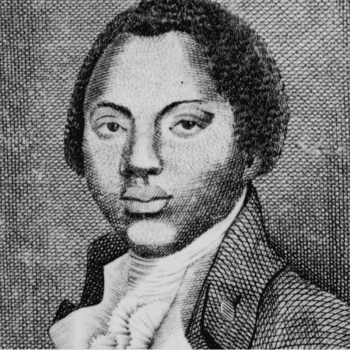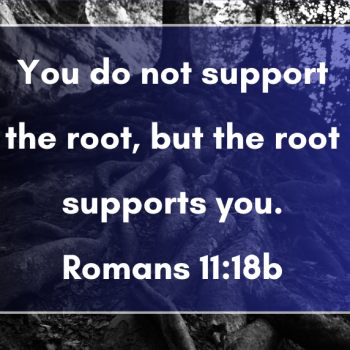The legitimate purpose of helping the poor is probably one of the best prisms through which to illuminate clearly the separate ideas of limited government and statism. For the limited-government advocate, helping the poor is to be done at the level closest to each of the individual poor, by cities, counties, and perhaps—but not necessarily—states. It is a matter of seeing, face-to-face, who is in distress, and providing temporary relief and a helping hand. The people may legitimately tax themselves to ensure there are funds for this function, and in fact, American political entities have taxed the people for this purpose since before the Revolution. There is nothing new or modern about using public funds to provide assistance to the poor.
What is modern is the idea of systematically and perpetually "transferring" assets—the income and wealth that have been created and are owned by some citizens—to other citizens for the purpose of changing a statistical "distribution." Implicit in this idea is the premise that if we can observe a "distribution" of some category of things, we can intervene effectively to change that distribution. There are very few things about which we make such heroic assumptions, but today it is popular to make them about the "redistribution" of the wealth and earnings other people have created.
Seeing government as the logical agent for this assignment is one thing; seeing it as the proper agent is a direct contradiction of America's founding idea. The limited-government idea has never excluded the use of public funds to help the poor. What it does exclude is leveraging that purpose to change the relation of government to the people. The basic idea of a right to property, including the fruit of one's labors, cannot survive as a controlling principle of law if government may overturn it arbitrarily for any multitude of purposes. Modern class politics sees this as an irrelevant objection; America's founding idea sees it as essential to the preservation of liberty. In the latter project, the foe is not people in other economic classes but the easily-abused power of the state.
Jesus never prescribed any particular size or scope for temporal government. All theories about what Jesus would propose on these matters are derived from other things: comments tangential to the subject, ideas implied in the Old Testament, the political philosophies of the individual theorists. On the question of holding property, for example, the God of the Old Testament clearly favors it. It is one of the chief blessings He bestows on His people. Jesus never suggests that property ownership is a bad idea, and we can assume he was aligned with the Father on that matter.
On the question of government's role and scope, Christianity has a unique heritage, in that the meaning of Jesus for the individual eventually prompted Christians to reconceive the purpose of government. Where once temporal governments were involved in every aspect of justifying the people before a deity and keeping them on a moral path, Jesus changed the basis for establishing righteousness before God. Corporate coercion and punishment—the specialties of the state—no longer figure in the Christian's relationship with God. In founding the United States, the American revolutionists took this to mean more than that the state need not be empowered to enforce forms of corporate righteousness on the people. They took it to mean that the individual has certain rights before God against such enforcement—and that the sanctity of property is one of those rights.
Political opponents who dispute this philosophy today must also acknowledge, however, that Jesus' life and teachings do not imply his favor for their preferences for government either. At most, it can be said that Jesus encouraged his people to cooperate and live peaceably under whatever form of government they found themselves in. This is by no means an endorsement of everything any particular government may want to do. Jesus was also very astringent on the topic of the ruling authorities heaping heavy burdens on the people.
Ultimately, the point of Jesus is the heart-to-heart relationship of each one of us to God. Jesus is all about the attitudes of our hearts. It is not self-evident that he would have advocated any particular form or function of government. That is left for us to do, and our political disputes boil down to the fact that we disagree over precisely these basic questions.





